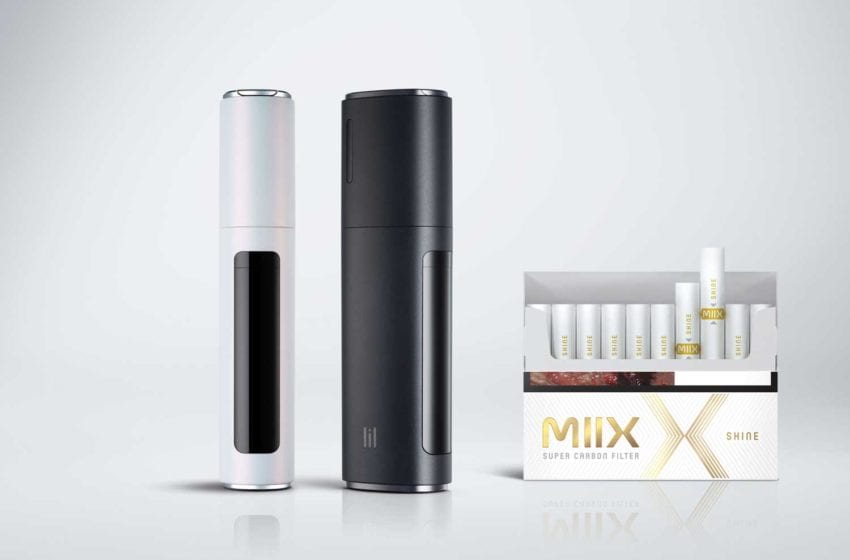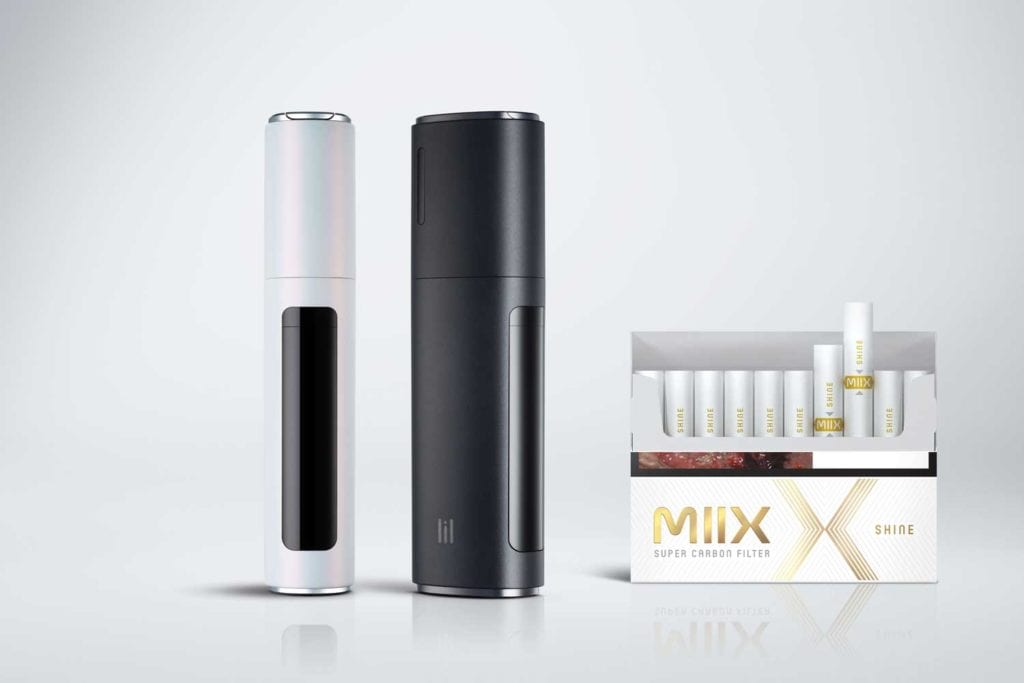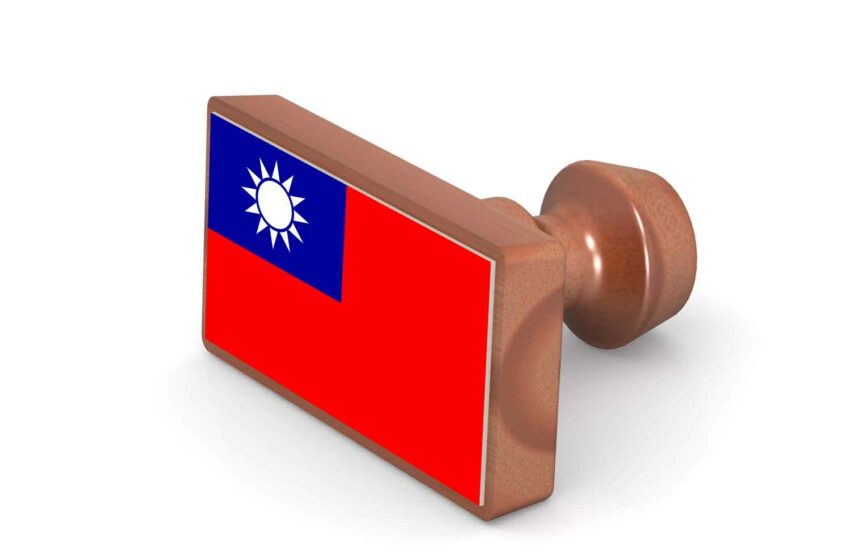
Tobacco companies in Kenya have increased cigarette prices even after the government withdrew a proposed excise tax increase, reports The Star.
Following price hikes of between 20 percent and 33 percent, the price of a single cigarette has increased by an average of KES5 ($0.03) at the retail market. Sportsman, one of the most common brands, now costs KES20 per stick with a packet retailing at an average KES400.
Originally, the government had planned to increase cigarette taxes to KES4,100 per 1,000 sticks from KES4,067.03 per 1,000 sticks. However, following countrywide protest (which also targeted other tax hikes), President William Ruto declined to sign the legislation into law.
The tobacco companies who since increased the prices earlier opposed the treasury’s proposals, arguing that the measure would stifle the formal industry and boost illicit trade.
BAT Kenya attributed the price hikes to rising production costs.
“Over the past year and into 2024, there has been a significant and sustained rise in our cost of production, occasioned by economic turbulence across both our domestic and export markets, arising from global and domestic geopolitical disruptions, currency fluctuations and rising interest rates, which has adversely impacted our trading environment,” the firm told The Star.
The price increase, it said, was necessary for the business to navigate an increasingly challenging operating environment and enable the company to continue to meet its business obligations, including supporting the livelihoods of over 80,000 Kenyans in its value chain.
BAT Kenya’s profits declined 19.2 percent to KES5.57 billion in 2023 due to higher operating cost and lower sales volumes.



















